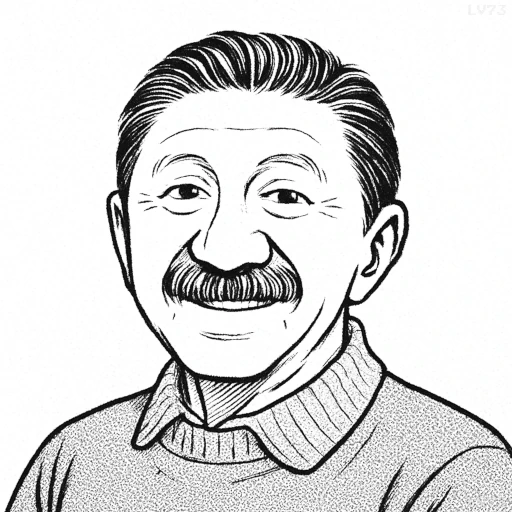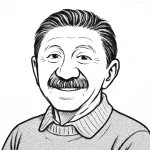“If I were a Negro, I’d be fighting, as Martin Luther King fought, for human recognition and justice. I’d rather go down with my flag flying. If you’re weak or crippled, or you can’t speak out or fight back in some way, then people don’t hesitate to treat you badly.”

- April 1, 1908 – June 8, 1970
- American
- Psychologist, Creator of Maslow’s Hierarchy of Needs, Humanistic Psychology Pioneer
table of contents
Quote
“If I were a Negro, I’d be fighting, as Martin Luther King fought, for human recognition and justice. I’d rather go down with my flag flying. If you’re weak or crippled, or you can’t speak out or fight back in some way, then people don’t hesitate to treat you badly.”
Explanation
In this quote, Abraham Maslow expresses deep empathy with the civil rights struggle, affirming the moral necessity of fighting for dignity, justice, and human recognition. By invoking Martin Luther King Jr., Maslow aligns himself with nonviolent resistance and principled activism, recognizing that those who are oppressed must often stand up and assert their humanity in order to be treated with basic respect. His declaration that he would “rather go down with [his] flag flying” conveys a strong commitment to personal integrity and moral courage, even in the face of overwhelming opposition.
Maslow’s comment also reflects his psychological observation that passivity or helplessness often invites mistreatment. He suggests that in a society that frequently responds to vulnerability with exploitation or neglect, assertiveness and resistance become necessary for survival and self-respect. This connects with his broader views on human needs—particularly the need for esteem and recognition. Without these, he believed, individuals are left in a state of frustration and despair, prone to either withdrawal or destructive rebellion.
In a modern context, this quote speaks to the ongoing struggles against systemic injustice, discrimination, and inequality. It underscores the importance of empowerment, solidarity, and visibility in confronting oppression. Whether through protest, speech, or leadership, Maslow’s words call for active participation in the defense of human dignity—and recognize that, too often, society respects those who fight back more than those who suffer in silence.
Would you like to share your impressions or related stories about this quote in the comments section?


